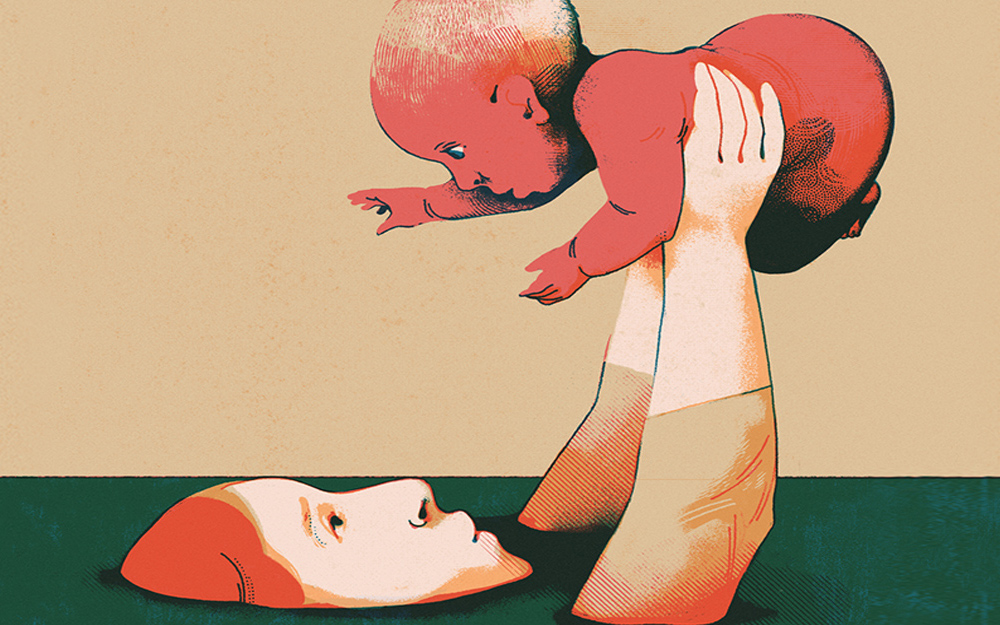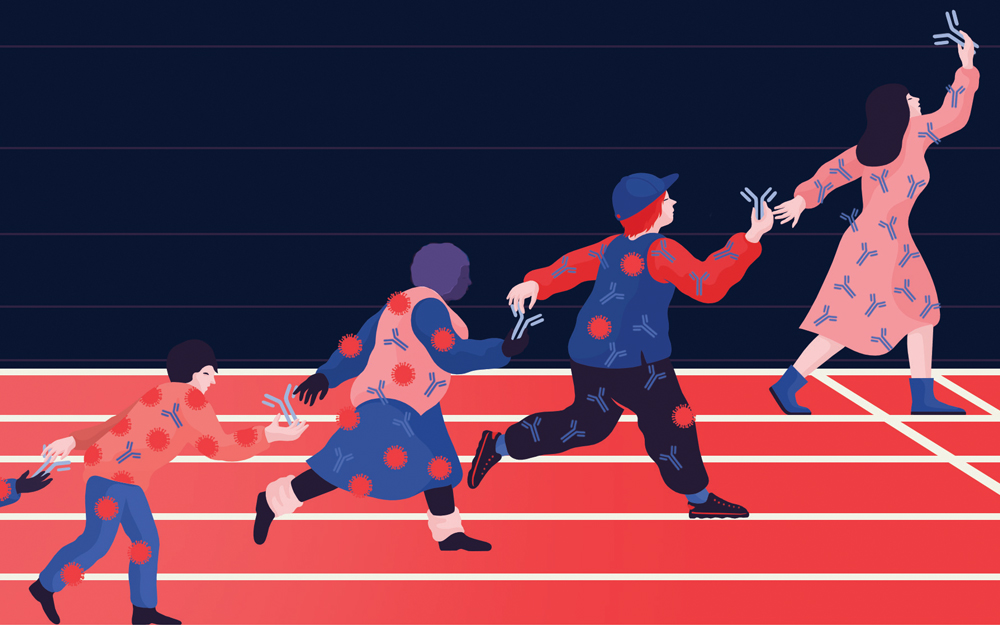Historic Texts May Inform Modern Bioethical Dilemmas
Date
April 2, 2024
Credits

Date
April 2, 2024
Credits
Medical providers featured in this article
In Brief
{{cta-block}}
How should physicians allocate scarce medical resources? Are they justified in engaging in self-care? Must they provide treatments that make them feel morally uncomfortable?
In his new book, Care and Covenant: A Jewish Bioethic of Responsibility, Rabbi Dr. Jason Weiner, director of Spiritual Care at Cedars-Sinai, contextualizes these and other bioethical dilemmas with insights from historical Jewish texts.
During a pandemic or medical emergency, resources like ventilators or sterile dressings may be scarce. Physicians who must prioritize care when supplies are limited may be inspired by the Jewish concept of hatzalat rabim, or "saving the many." This principle encourages a triage approach that "bypasses treating those who are too sick to benefit from, or too well to absolutely need, treatment."
Because "an inexhaustible amount of suffering occurs in the world," physicians aren’t expected to spend every moment trying to alleviate it. They should practice self-care when they aren't working, Weiner writes, which may help prevent burnout and minimize the risk of medical errors. For guidance, physicians should apply the Torah's one-fifth rule, which limits charitable giving—including giving of one's time—to 20%. For example, physicians who normally work 50-hour weeks shouldn’t make a habit of working more than 10 extra hours a week.
Read: Cedars-Sinai Rabbi Publishes Book About Bioethics
Physicians may refuse to provide healthcare services that conflict with their moral values, like physician aid in dying. This type of conscientious objection can find support in Jewish principles with Biblical roots, according to Weiner. However, he argues, Jewish texts also suggest ways for healthcare providers to feel comfortable participating in an indirect manner, or referring patients to other physicians who provide the requested services, since patients can receive care from other clinicians in the community. "Framed this way," Weiner writes, "one need not see this as a compromise of their values but rather a recognition of the fact that people have options."
Weiner also writes about Jewish perspectives on risking one's life to save the community, how to reduce conflict when families of patients who are brain dead want them to stay on life support, and other bioethical dilemmas. Additionally, a chapter about the history of Jewish hospitals in America honors the Biblical tradition of welcoming and caring for strangers.





